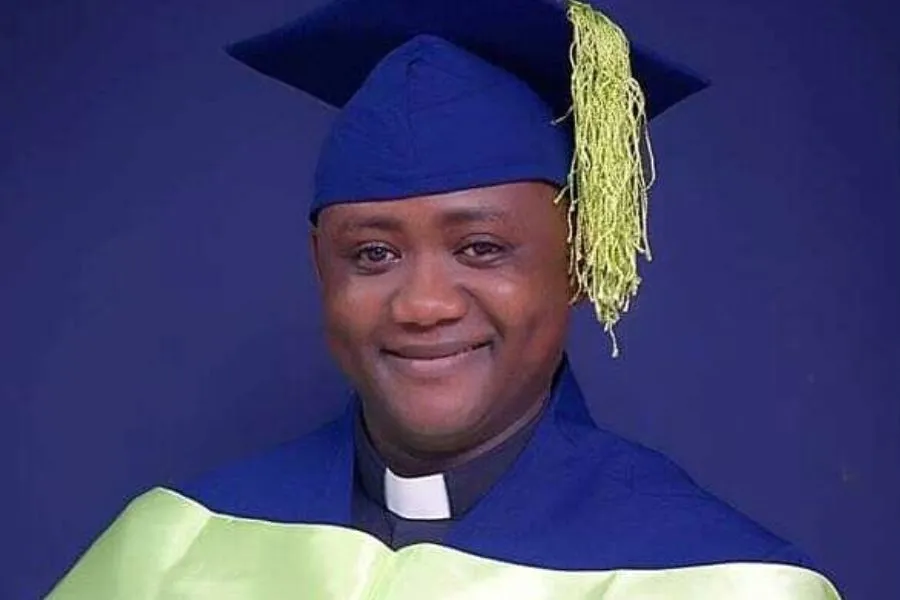Jos, 10 September, 2023 / 8:50 pm (ACI Africa).
A Catholic Priest in Nigeria is urging authorities in the West African nation to be more strategic in addressing insurgency in the country, and not to only rely on the military approach.
According to Fr. Justine Dyikuk, a Lecturer of Mass Communication at the University of Jos in Nigeria and a PhD candidate at the University of Strathclyde in Glasgow, Scotland, insurgents are usually a step ahead of the government because of their mastery of strategic communications.
Fr. Dyikuk’s area of research is political communication with reference to religiously motivated violence. His research titled, "Boko Haram Media Offense and Government’s Counterinsurgency Efforts: Towards Strategic Communication Solution" examines the insurgents’ offensives and the government's counter-insurgency methods.
“I am investigating why the insurgents are seemingly more strategic in their communications as compared to the government,” Fr. Dyikuk says in an interview with ACI Africa, adding that the insurgents use Hausa and Kanuri, the local lingua-franca around Borno, Adamawa and Yobe where they have pitched camp for decades.
“They use these languages to win the trust of the locals,” the former Communications Director of the Catholic Diocese of Bauchi says, and adds, “They succeed in convincing locals that they are fighting for them and that they should be against the government too. Internationally, since they have alliances with ISIS and ISIL, they use French and Arabic. They are very strategic in their communications.”








